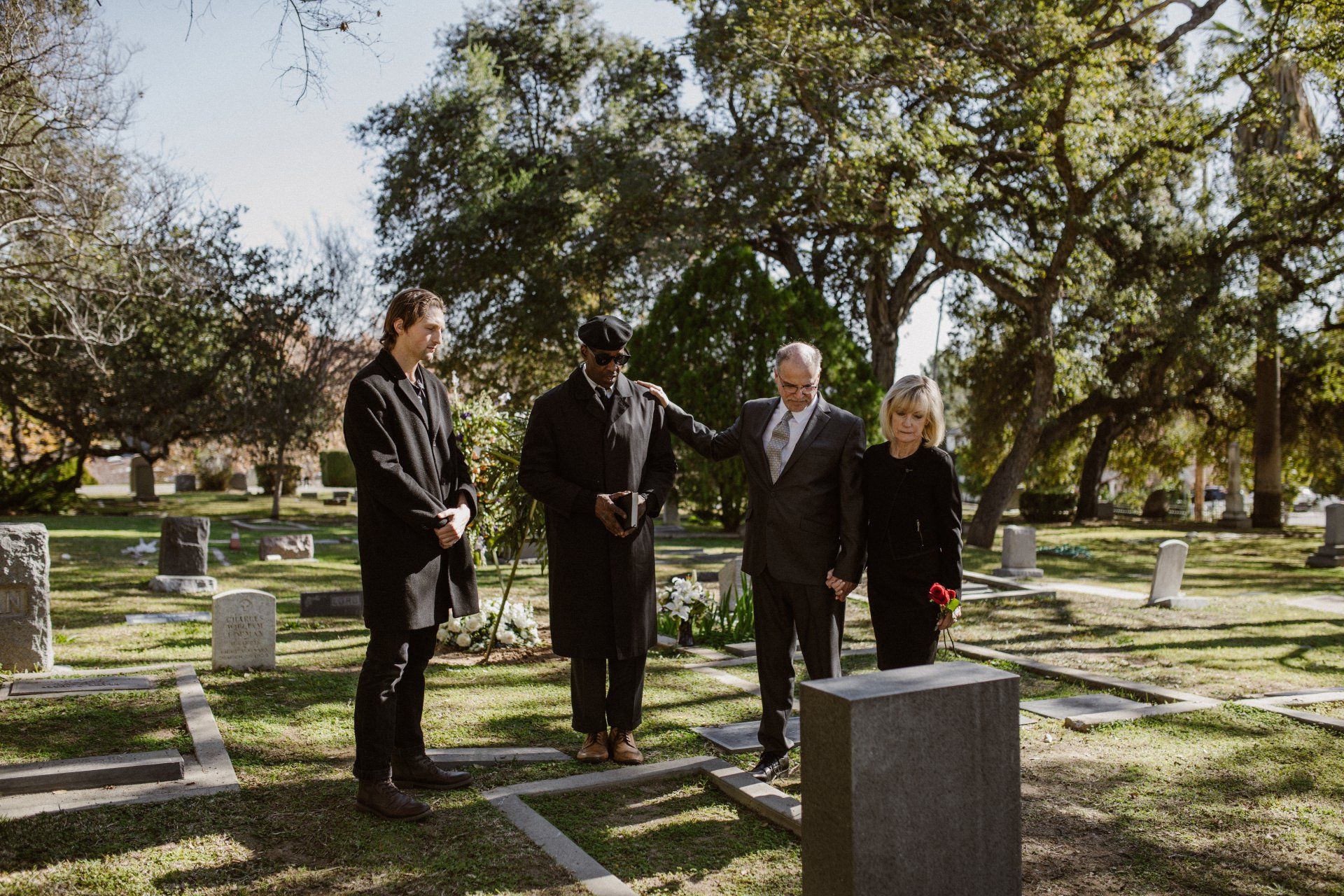24-hour call-out service
What Rights does a Common Law Spouse have after the Death of their Partner or Separation?
Dispelling the myth of the common law spouse
Many people make the assumption that common law spouses have legal rights just like married couples or those in a civil partnership. In actual fact, common law spouses in the UK have limited rights compared to married and civil partnerships. We explore what your rights are and the measures you need to put in place to secure your future.
The Myth of the Common-Law Spouse
Although many people use the term common-law spouse, in England and Wales ‘common law marriage’ does not exist in a legal sense. It is only married people or those in civil partnerships that have legal rights when a marriage or partnership comes to an end. This can come as a huge shock, so it is important to take certain actions now.
“Contrary to popular belief, there is no such thing as a 'common law marriage'. In England and Wales.”
Property Sharing
A Living Together Agreement
Common law partners just means a couple are living together without being married. Even though the phrase common law is not a legal definition, you can create a legal agreement together which is known as a ‘Cohabitation Contract’ or ‘Living Together Agreement’.
Declaration of Trust
The UK Citizens Advice Bureau recommends that if you draw up a Living Together Agreement, you should also create ‘a Declaration of Trust’ which is a legal document that agrees on how you share your property. For both of these agreements, it is advisable to get help from a family solicitor. The Citizen’s Advice Bureau can help you find a solicitor near you.
Banking
Separate Accounts
If you live together, but have separate bank accounts, neither partner is able to access the money in the other’s accounts. If your partner dies, the money in their bank account will be part of their estate. It will not be accessible until the estate is settled by a solicitor and depending on what your partner has left you in their will.
Joint Accounts: Separation
With a joint account, both of you will have access to the bank account. However, if you separate and cannot make an agreement over the money in the account, it may come down to a court to make a decision for you. In the case of one of the partners having not either paid in or drawn out any money from the joint account, it may be very difficult to claim rights over the money.
Joint Account: Death of a Partner
When a bank account is in joint names and your partner dies, you are legally allowed access to the account balance. Nevertheless, a proportion of the bank balance will be included in the calculations for your partner’s estate.
Debts
Generally speaking, your liability for debts are only for those that are in your name. Those in your partner's name are not your responsibility. However, for debts that are held in joint names, you do have a legal responsibility for them should you either separate or your partner passes away. This includes council tax bills, mortgage payments and so on.
If you were acting as a guarantor for your partner’s debts, you will be legally responsible for those debts should your partner die.
Death & Inheritance
Without a will
If your partner dies without having written a will, you do not automatically inherit their estate. The exception to this is if you have property which you jointly own. Therefore, it is important that you both draw up wills if you both want the other to inherit their estate upon their death.
If your partner dies but does not leave enough money or capital in their will for you to manage on, it is legally possible for you to go to court and make a claim from their estate.
Any money which you inherit from your ‘common-law spouse’ is subject to inheritance tax. This is not the case for ‘married couples or those in a civil partnership’ (below a certain limit - see Gov.uk for latest figures).

Summary of Actions to Take
We suggest the following actions to secure your future:
- Don’t assume that you have automatic rights. Get informed about all of your rights and understand what action you need to take by reading the links in this article and in the reading list below.
- With a solicitor agree and draw up:
- A Living Together Agreement
- And a Declaration of Trust
- Make sure your name is on your rental agreement or property deeds.
- Both you and your partner should draw up wills with a solicitor if you want each other to inherit.
- Talk to a lawyer together or separately if you are planning to separate.
- For any of the other queries, please contact the Citizens Advice Bureau in your area and make an appointment if necessary.
Extra Reading List:
- Your Rights as a Common Law Partner After Death
- Rights over Funeral and Ashes
- What you might inherit if someone has died without a will
- Inheritance Tax: see the UK Government’s website.
- Video Podcast: The Common Law Spouse
- Children, Property and other issues: Citizens Advice Bureau website.
- Video - Unmarried Couples splitting up - What are your rights?
- BBC News - Cohabiting Couples - Does "Common Law" Exist?
- Citizens Advice Bureau UK: Living Together:
For further advice, please don’t hesitate to contact us.
INDEPENDENT FUNERAL DIRECTORS
Est. 1868
| All Rights Reserved | Thos. Furber & Co. Limited | 122 Station Road, Harborne, Birmingham, B17 9LS | Tel: 0121 427 2233. Privacy Policy
Company Number 00863787, Limited Company, registered in England & Wales, registered office as above.










